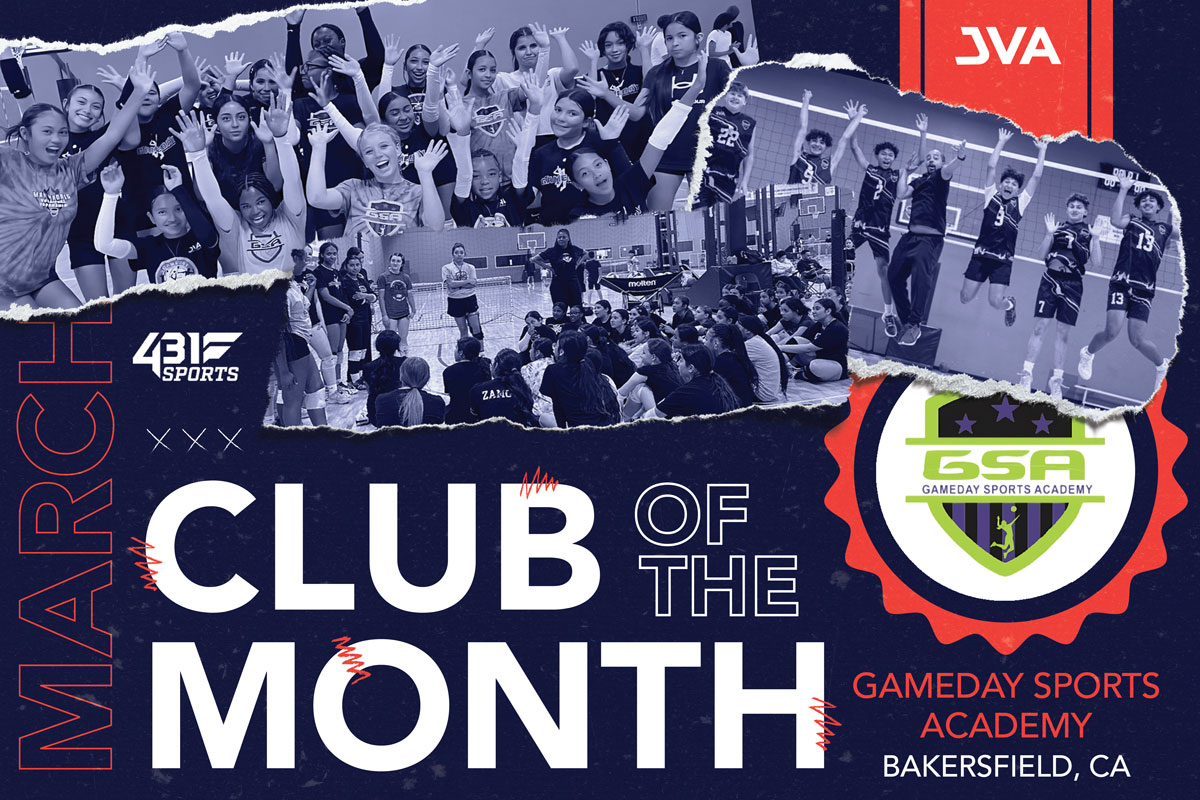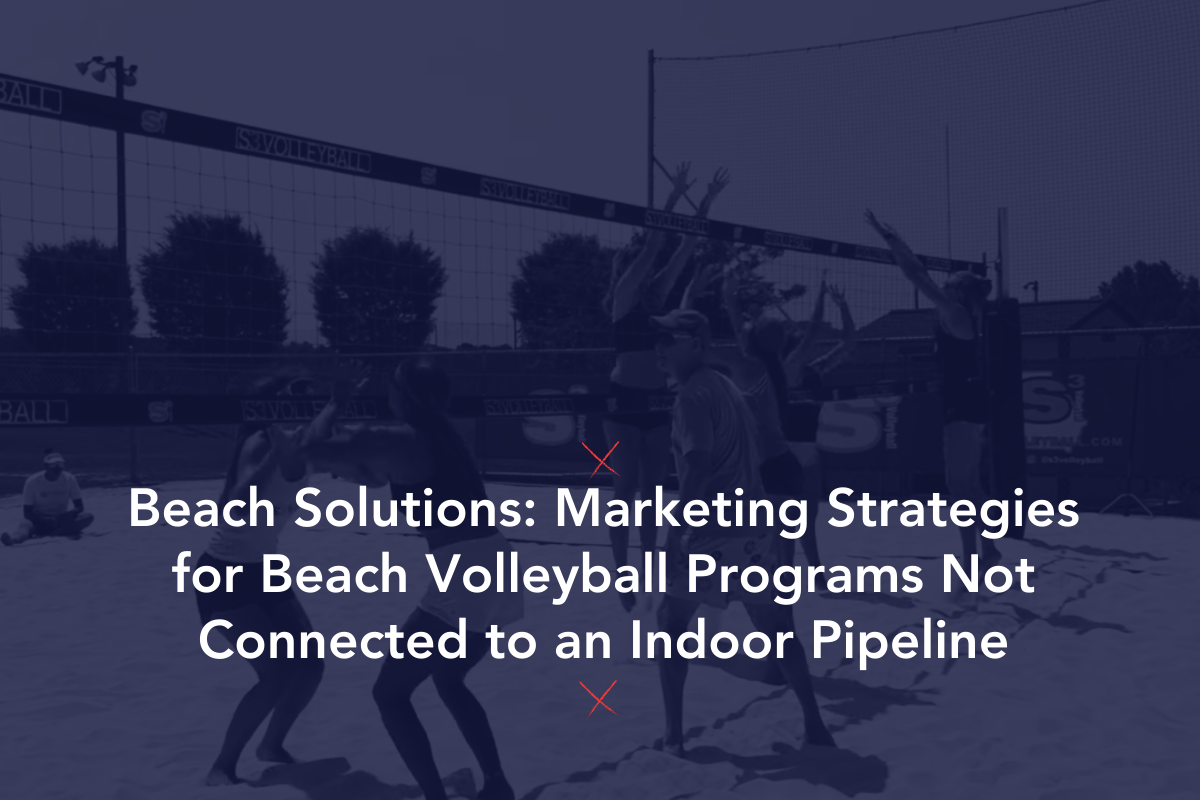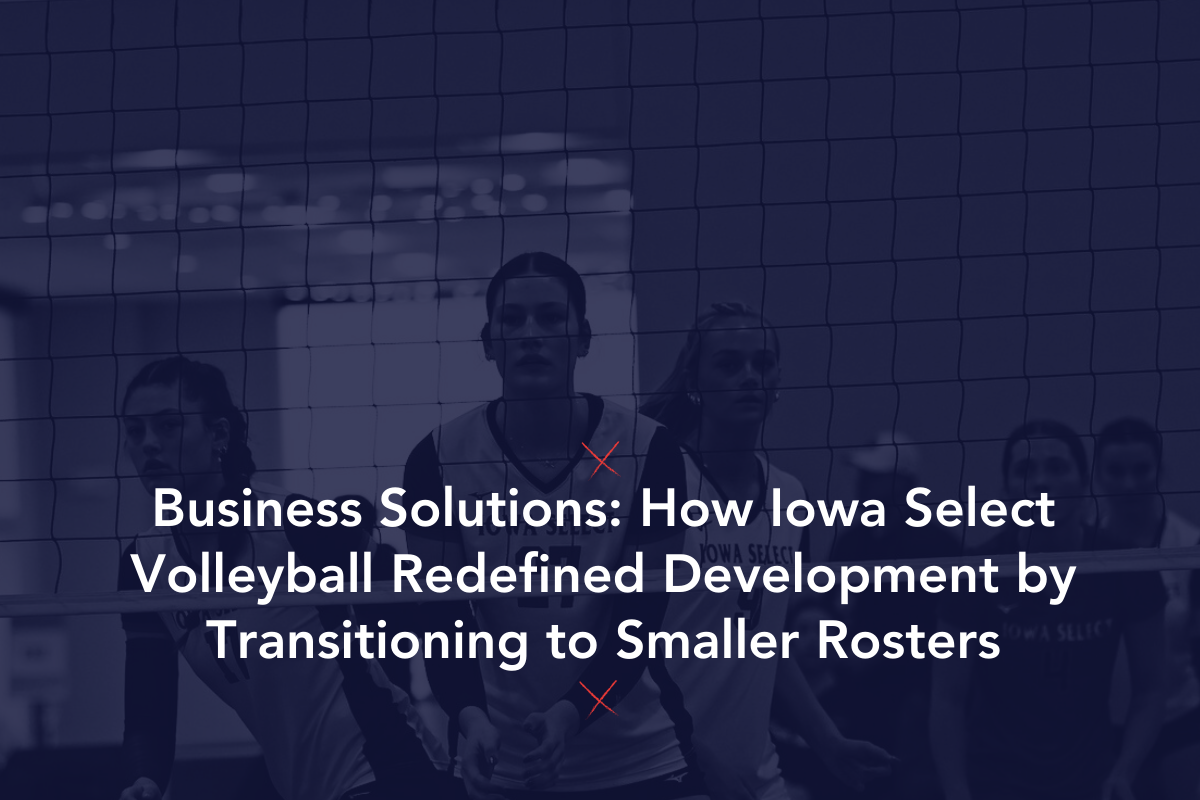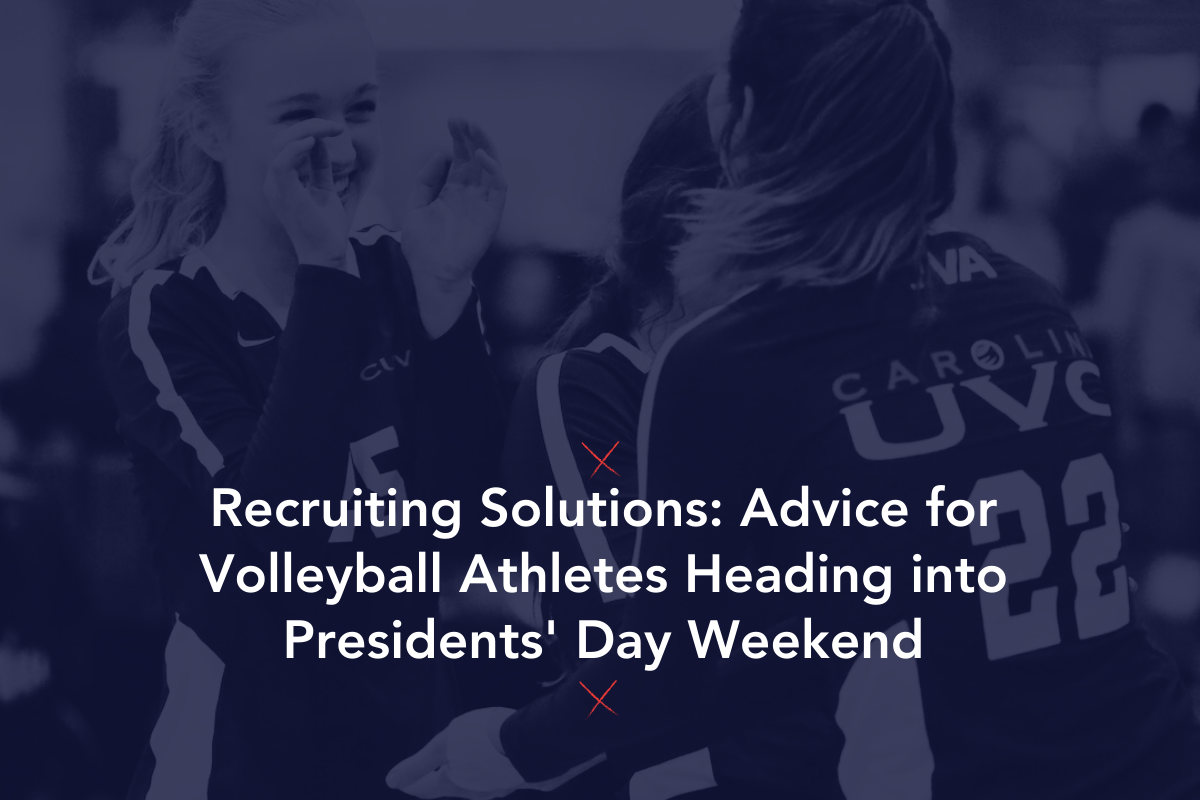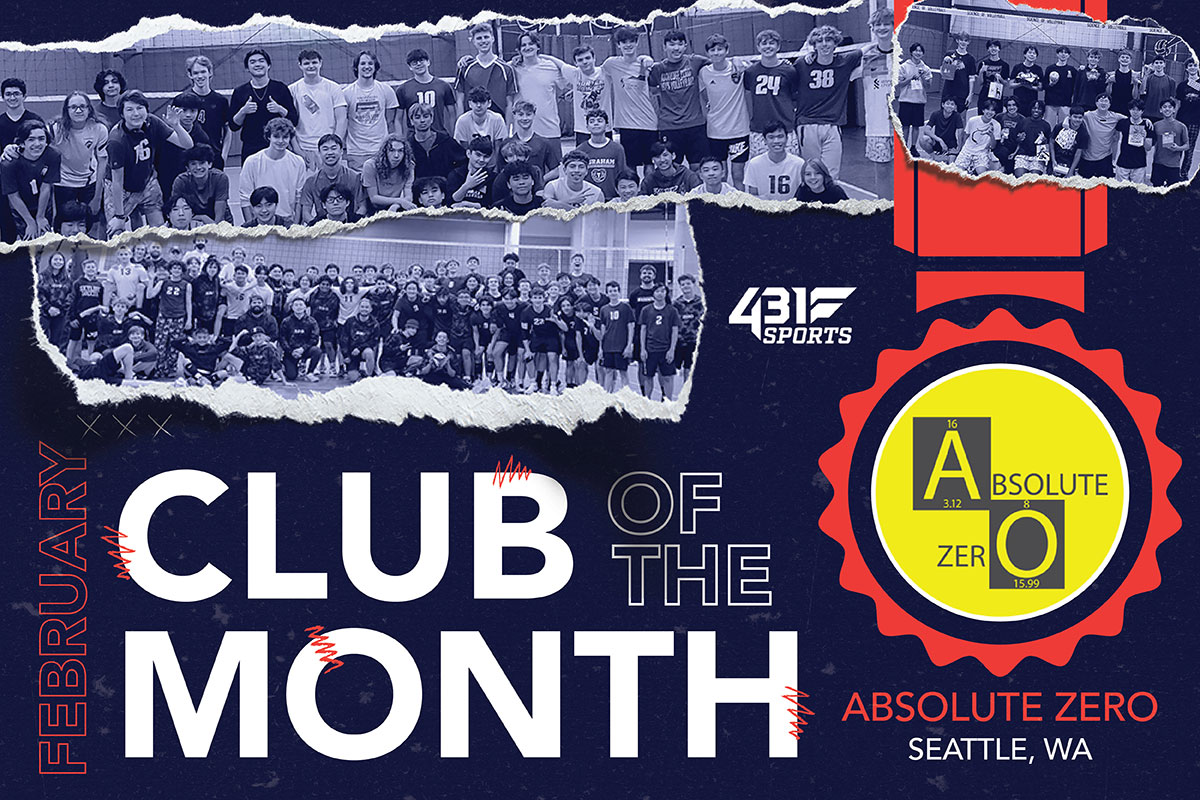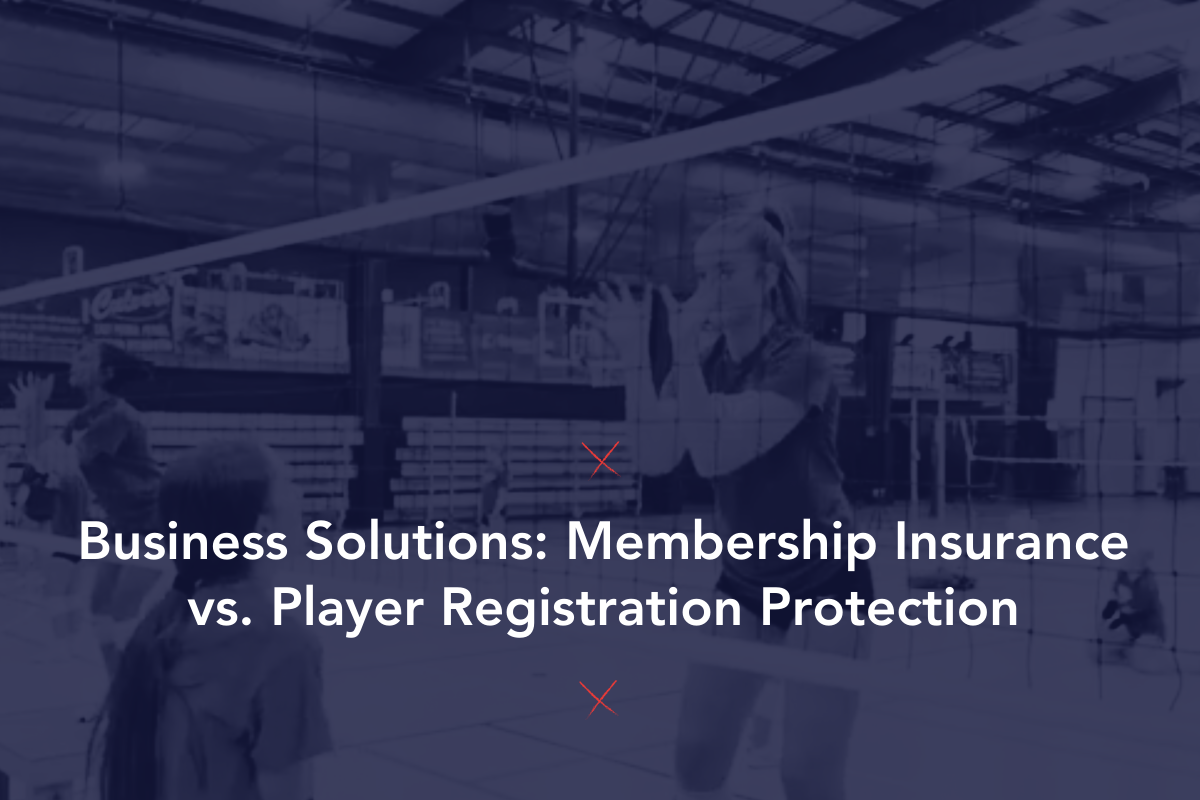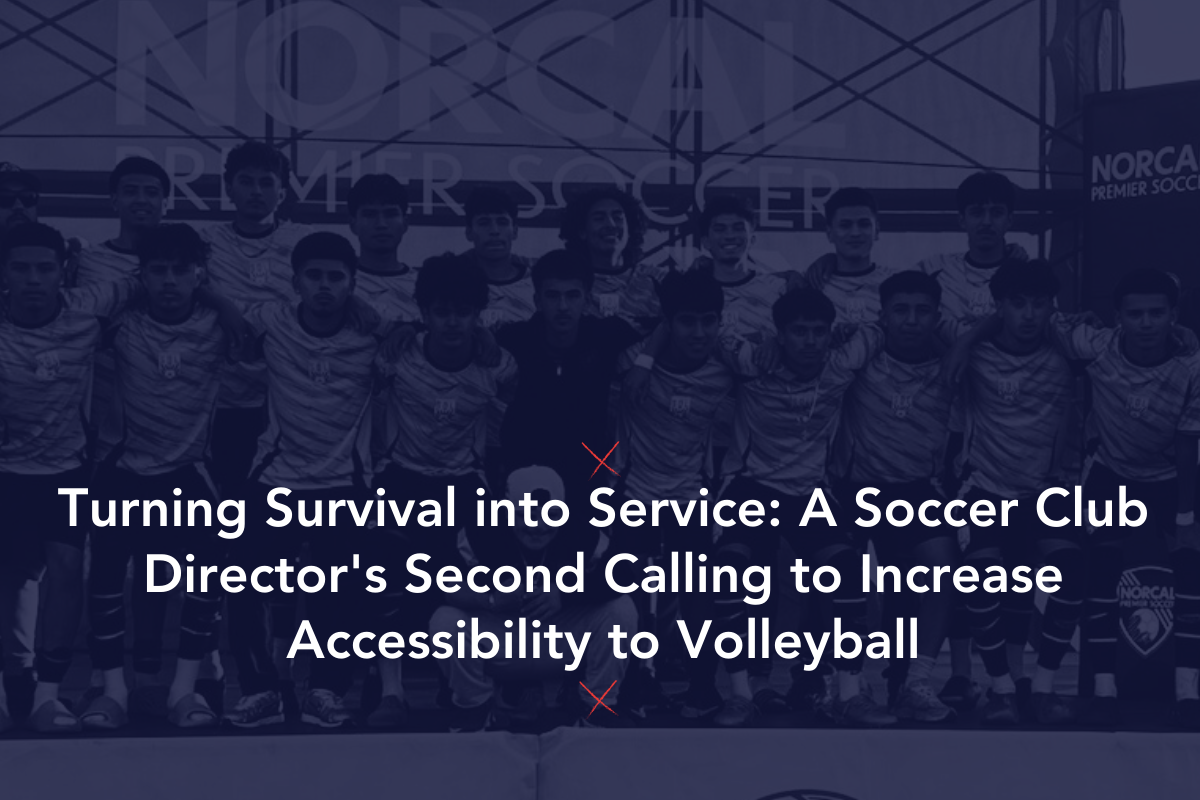No matter how long you’ve been in the game, tryouts evoke a range of emotions — excitement about building this season’s team, apprehension about which athletes will show up for tryouts, anticipation for helping new members hone their skills, and anxiety about the impossible task of turning away hopeful players.
As a coach or club director, you’ve seen the positive influence that team volleyball has on young athletes. You’ve also likely recognized the tension that comes with certain trials. Unfortunately, tryouts can be one of the most stressful times of the year for young athletes who want to compete. As a coach tasked with evaluating players, you want to ease the anxiety of tryouts, and disappointment for those who don’t make the team, as much as possible. With this responsibility comes the pressure of managing tryouts in the most productive way possible.
The Stresses of Tryouts for Young Athletes
For coaches and parents, it likely comes as no surprise that tryouts are one of the most nerve-wracking experiences of the season for young players of all ages and experience levels. Tryouts force athletes to compare themselves to their teammates and question their performance. Weeks and months of preparation lead to one pivotal moment — making the team. But what happens if they don’t make it? For some young athletes, tryout results can alter self-perception and bring concerns of disappointing parents, coaches, and friends.
Tips for Reducing Tryout Stress
As a coach, you’re in the position to reduce tension in an inherently stressful situation. By increasing communication, bringing a positive attitude, and supplying ample information, you can help ensure members and parents are prepared for the joy and pressure of tryout day.
Help your athletes shine with these positive practices:
- Communicate logistics well before the tryout date
Once tryout dates are set, communicate information through every available channel. Emails to current member families, website pages, and social media posts should include details about times, dates, the registration process, and any other essential information. - Meet with coaching staff
Hold a meeting with all coaches and volunteers who will be helping with tryouts to discuss check-in protocols, plan layout and evaluation practices, ensuring everyone is on the same page. - Share evaluation criteria
Create handouts that explain the metrics — skill drills, athletic testing, scrimmage performance, etc. — that will be used to evaluate players. Provide information about when players will be notified and timelines for commitment. - Offer feedback to players who don’t make the team
Provide feedback to athletes and their families to share the full scope of their performance. Describe the ways players performed well and where improvement is needed. Encourage continued practice and trying out again in the future.
When Your Decision Is Disputed
Unfortunately, when young athletes don’t make the team, coaches often face the bulk of the blame. Parents see the best in their children and want the best for them. This can lead to disappointment and even anger when their child is cut.
Most often, parents who disagree with tryout results will share their feelings in a heated discussion with the coach, vent on social media, and perhaps, try to get the decision overturned. However, some parents seek legal counsel and take the discussion much further.
A Rise in Lawsuits
While lawsuits involving youth sports teams aren’t common, they do occasionally occur. When a question of discrimination can be raised, parents may take the coach or club to court. For example, one mother sued the City of Winfield, Alabama, when her son wasn’t selected as a pitcher for the youth city baseball league. The lawsuit alleged the player was denied the opportunity to pitch based on his disability.
In Missouri, a family filed an age discrimination lawsuit against the high school when their son didn’t make the varsity soccer team after playing for the JV team the year before. The question of age discrimination was raised because, as a junior, the player wasn’t eligible to continue playing for the JV team either.
Protecting Your Club As Youth Sports Evolve
Regardless of the outcome of discrimination lawsuits, the organizations charged can face thousands in legal fees. If parents think a coach’s tryout decisions are discriminatory, they’re likely to seek recourse from club directors or other officials. An ongoing disagreement could lead to a costly court battle that could quickly deplete your club’s finances.
Directors & Officers (D&O) insurance is a policy designed to protect individuals serving as directors, officers, and leaders within an organization from personal losses arising from lawsuits related to leadership decisions, including discrimination. D&O coverage takes care of legal costs and potential settlements up to your policy limits. An experienced insurance advisor who specializes in the sports industry can help you assess your potential risks and offer advice about the coverage types that align with your needs.
Closing the Block: Tryout Preparation Hot Tip
Communicate with parents early and often
Helping parents understand the technical process behind evaluating team members can set expectations for a fair and unbiased system. Meet with families new to the process to help athletes and their families prepare for the big day and the best way to move forward, regardless of the results.
Check out more Tryout and Business Solutions for Club Directors.
About the Author
Brad Preston is a client advisor at World Insurance Associates (World) specializing in the Sports industry. World is a leading insurance brokerage in the U.S. specializing in business and personal insurance, employee benefits, retirement plan services, and payroll & HR solutions. The JVA and World have partnered together to bring JVA Members educational articles and content to help you learn about your unique cyber risks and exposures, and how to better protect your businesses, members, and families in general. Feel free to reach out to Brad directly with any questions at bradpreston@worldinsurance.com



